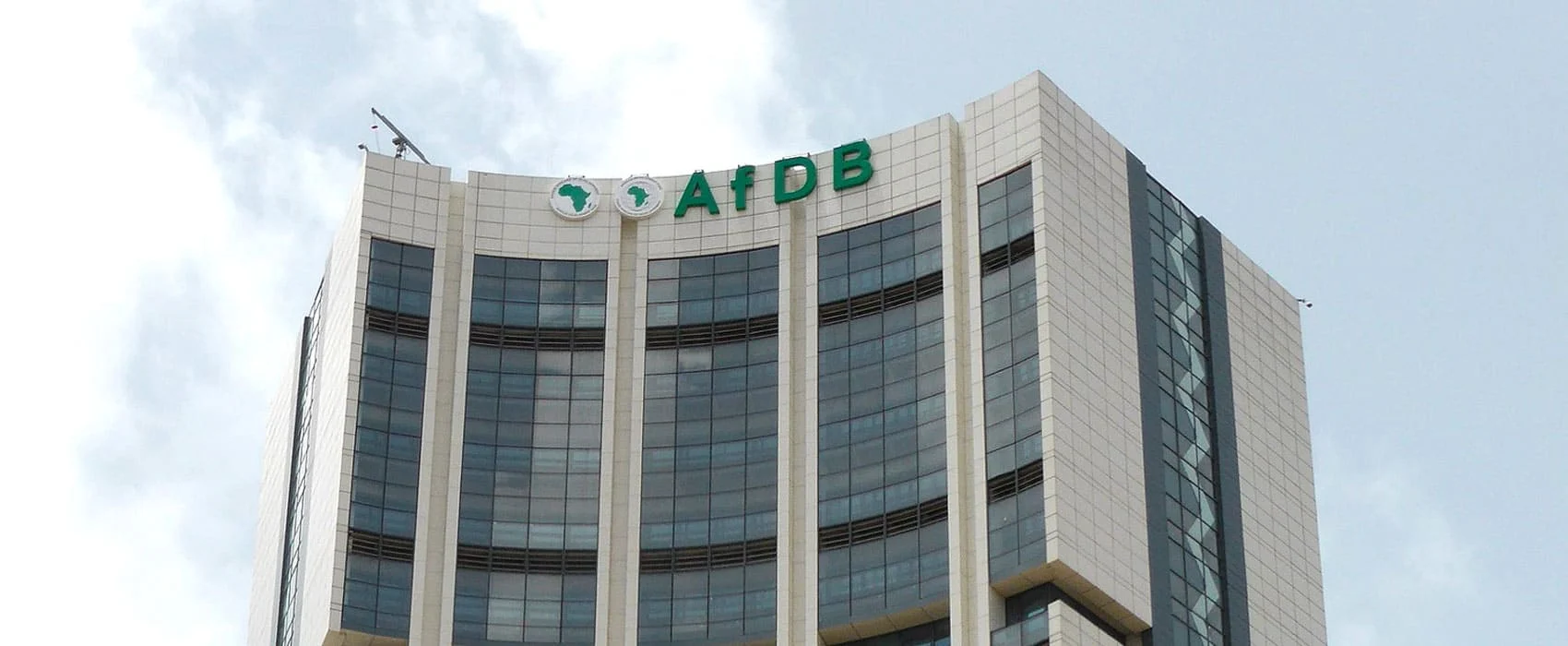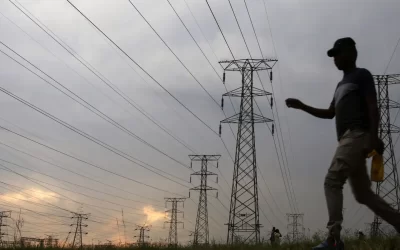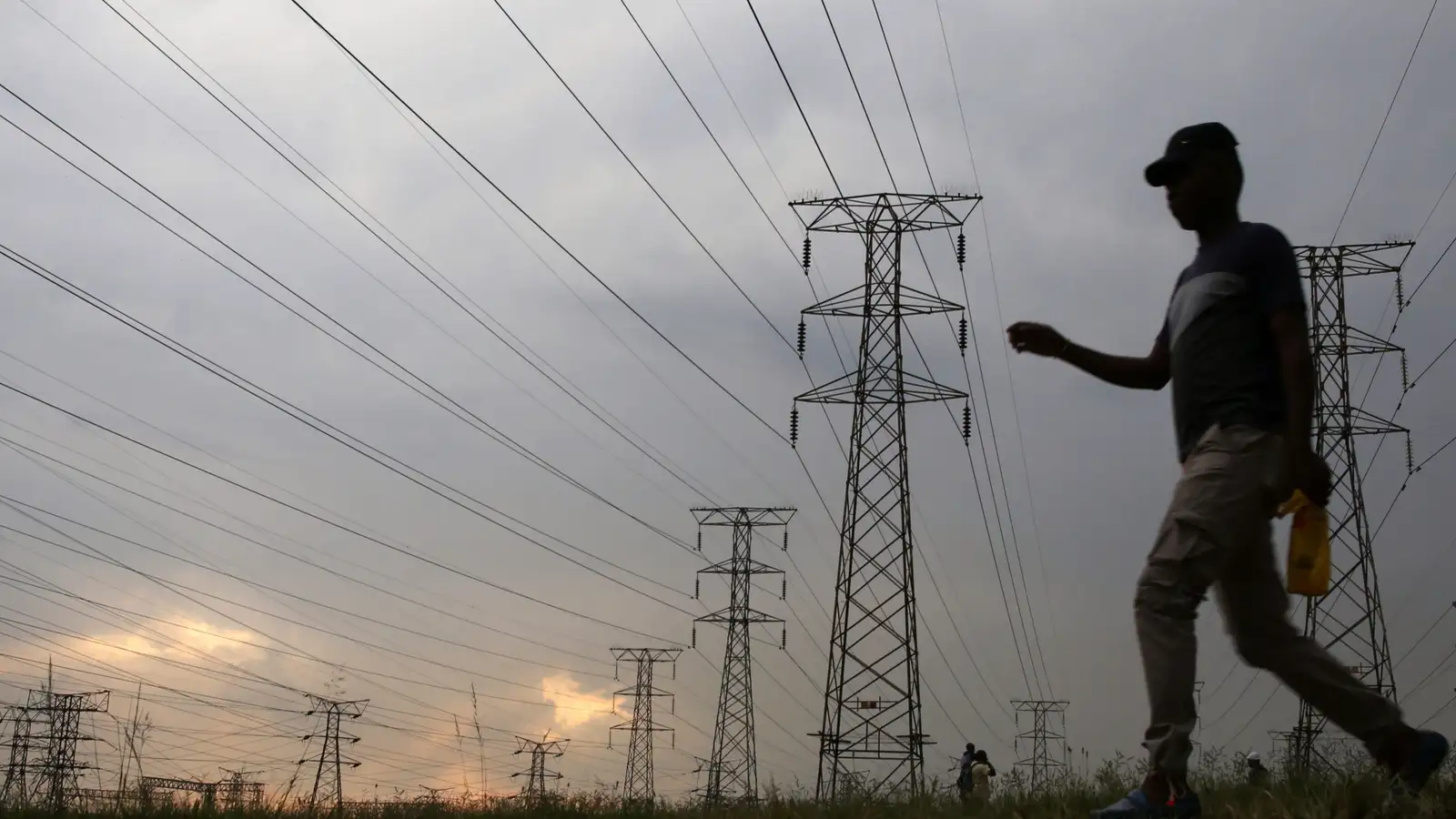AfDB Advocates for New Power Plant Agreements

The African Development Bank (AfDB) endorses Energy Cabinet Secretary Davis Chirchir’s plea to the parliament, urging the lifting of a moratorium preventing Kenya Power from entering into new agreements with independent power producers (IPPs).
AfDB emphasizes the critical need for Kenya Power to swiftly engage new independent power producers (IPPs) to counteract the decline in hydroelectric power generation. This move aims to alleviate the challenges posed by the erratic production from wind and solar sources.
The parliamentary moratorium, effective since April 2021 was imposed to facilitate investigations into existing agreements. These agreements were accused of contributing to the high costs of electricity in the region.
The year ending June witnessed hydroelectricity generation reaching its lowest point in over a decade. Kenya Power procured 2,569 gigawatt hours (GWh), marking the first instance where the units fell below the 3,000 GWh threshold.
While solar and wind power generation has been steadily increasing, these sources remain intermittent, dependent on weather patterns. They cannot reliably contribute to meeting peak electricity demand.
AfDB’s Urgent Call
AfDB stresses the urgency of introducing new power plants to counteract diminishing reserve margins. This initiative aims to address the shortfalls in drought-prone hydropower generation and manage the inconsistencies of variable renewable energy from solar and wind.
However, AfDB’s advocacy is amidst concerns over the sufficiency of electricity generation in Kenya and neighboring countries. The primary challenge lies in an aging transmission network, blamed for increasing unreliability and recent nationwide blackouts.
Consumers’ Dilemma
Permitting Kenya Power to resume agreements with IPPs may expose consumers to potential increases in power bills, manifesting as capacity charges. These charges are payable to an IPP regardless of its electricity generation.
Pricing Disparities
Scrutiny on power purchase deals between Kenya Power and IPPs has intensified due to higher prices offered compared to those from KenGen. KenGen provides the cheapest electricity to Kenya at Sh4.71 per kilowatt-hour, while IPPs price their power over five times higher.
In 2021, a presidential task force recommended freezing new deals between Kenya Power and IPPs. The goal was to renegotiate existing agreements, allowing Kenya Power to lower bills for consumers.
Energy Cabinet Secretary, Mr. Chirchir, consistently urges Parliament to lift the freeze, encouraging the entry of more IPPs. This becomes imperative as the country grapples with declining production from dams, endangering the stability of power supply during peak demand.
To mitigate the impact of declining hydro generation, Kenya has sought electricity imports from Ethiopia since last year. Importing 200MW of hydropower, priced at $6.5 cents per kilowatt, aims to meet growing demand while reducing reliance on costly thermal plants.
Shifting Electricity Landscape
Wind contributes 17 percent to the national grid, standing as the third-largest source after hydro (19 percent) and geothermal (45 percent). Electricity imports surged by 90 percent to 644 GWh in the year ending June, primarily driven by supplies from Ethiopia.
Unlocking Kenya’s power potential involves navigating challenges, including hydroelectric decline, variable renewable sources, and infrastructure limitations. AfDB’s endorsement of new agreements seeks to address these issues and propel Kenya towards a more robust and reliable power future.











